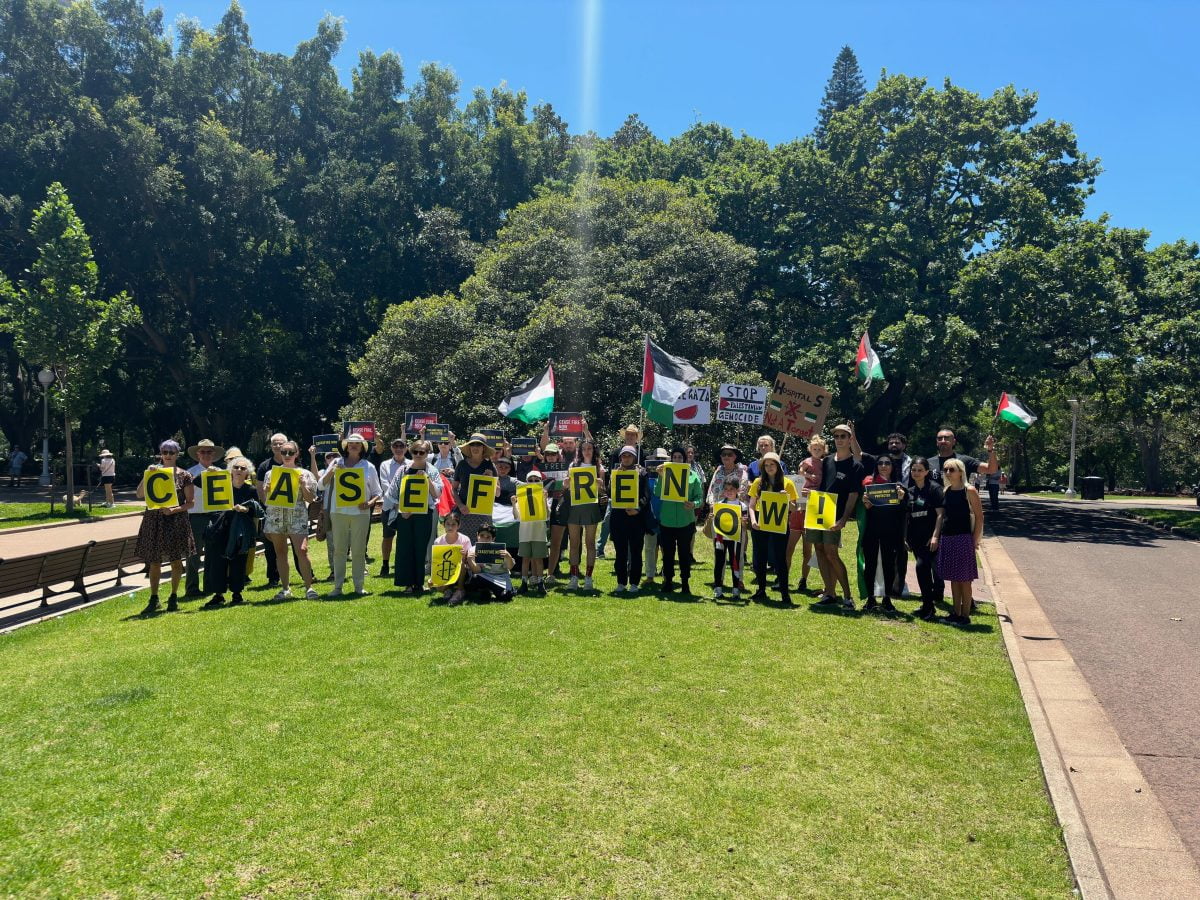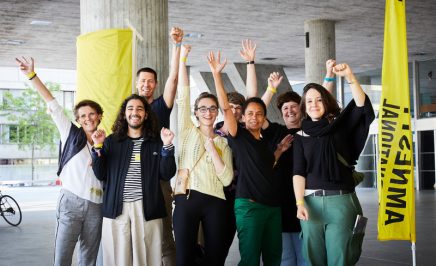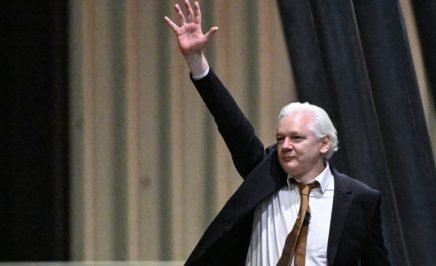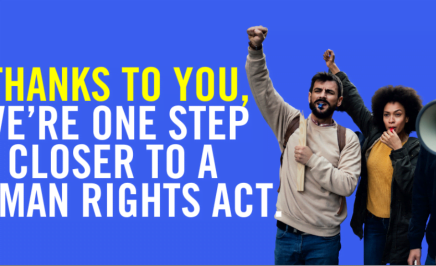Amnesty International is a global movement of ten million people in 150 countries who are challenging injustice. Over recent months, amid the devastating conflict in Gaza and Israel and the heartbreaking result of the Voice referendum, our supporters have shown up to do just that.
In the face of injustice, we have an opportunity and a responsibility to challenge human rights abuses. Together we have advocated for lasting change. Here’s a snapshot of our impact.
Voices for Gaza
It’s been nearly two months of conflict between Israel and Palestinian Armed Groups and unimaginable human suffering. We’ve seen millions calling for an urgent, sustained ceasefire. Since the end of the seven day pause, which saw 113 Israeli and foreign nationals hostages and 240 Palestinian detainees released, Israel has continued its unrelenting bombing campaign across Gaza, claiming hundreds more lives.
As the devastation mounted in Gaza, hate and misinformation spread online and in communities around the world. We made it our mission to amplify the voices of Palestinians feeling the impacts of the crisis. To mark International Day of Solidarity with the Palestinian People, we spoke with five Palestinian Australians. They told us how the conflict had affected them personally, and they bravely shared with us their messages of grief, fear, solidarity and hope.
There is a great deal of trauma, but there’s also a great deal of support. Holding each other, caring for each other. I am incredibly nourished by my Palestinian brothers and sisters and also by the solidarity that has come out in all communities.
Randa Abdel-Fatah
With time, these mobilisations across the globe for Palestinian rights will translate into political capital. It won’t happen overnight, but it will happen. And we will be free.
Samah Sabawi
Our team has been on the ground researching, monitoring, and documenting human rights abuses. Our experts are carrying out painstaking verification of the findings in our Crisis Evidence Lab to expose crimes under international law.
Alongside advocacy from the Palestinian and Jewish communities, our collective campaigning has seen the Government strengthen its message to call for “steps towards a ceasefire.” More than one million supporters have signed our global petition, and more than 17,000 emails have been sent to Foreign Minister Penny Wong calling for a permanent ceasefire.
We still need your support. Our campaign won’t stop until the calls for a sustained ceasefire are answered.
Our actions are making a difference
Iranian dissident rapper Toomaj Salehi was released on bail after activists around the world, and brave Iranian activists, condemned the inequity of his detention and trial.
Toomaj was forcibly detained in 2021 for his protest music that backed the anti-government protests in Iran. He was found guilty of “corruption on Earth”, a crime that could cost him his life.
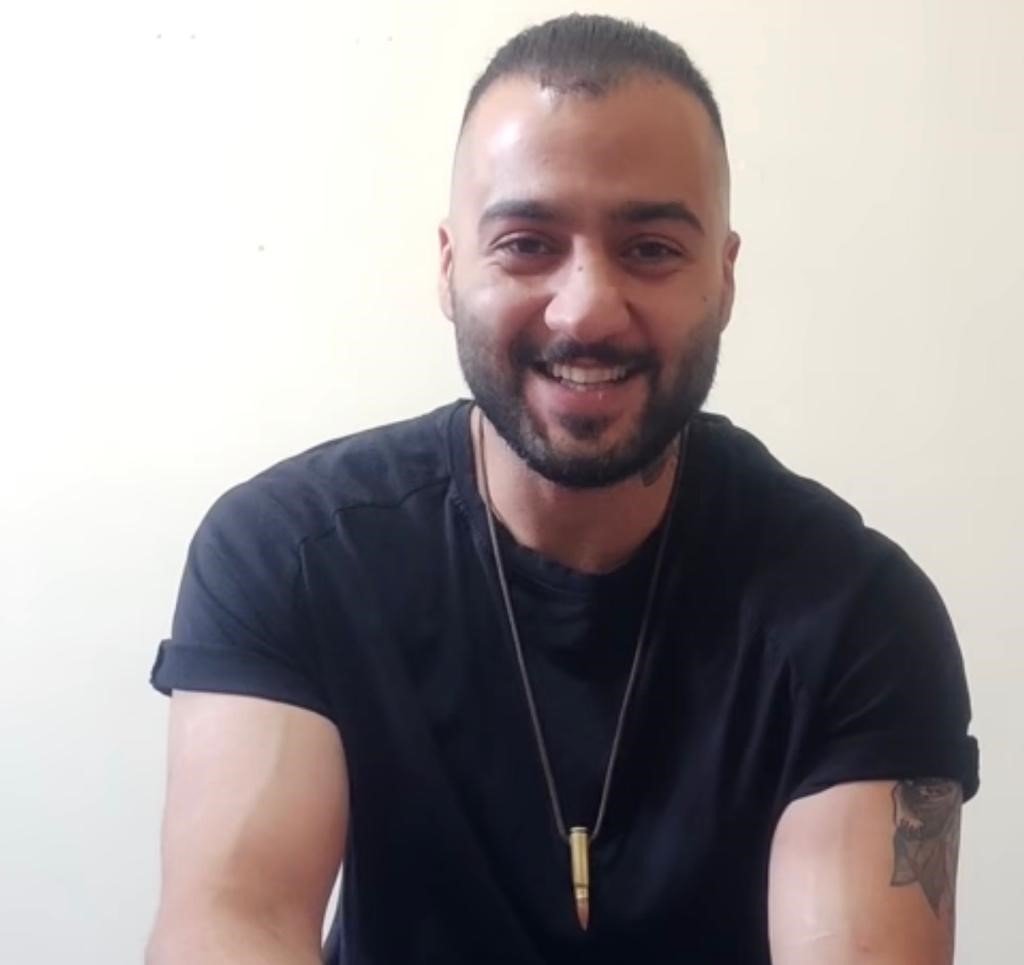
Leila de Lima, Philippine human rights campaigner, was released from prison last month after nearly seven years of detention. The former Senator was one of the most vocal critics of President Rodrigo Duterte’s murderous “war on drugs”, and used her position to launch an inquiry into extrajudicial killings and a myriad of human rights violations ordered by Duterte.
Amnesty International repeatedly called for her immediate and unconditional release from arbitrary detention, and now demands that the last case against her be dismissed.
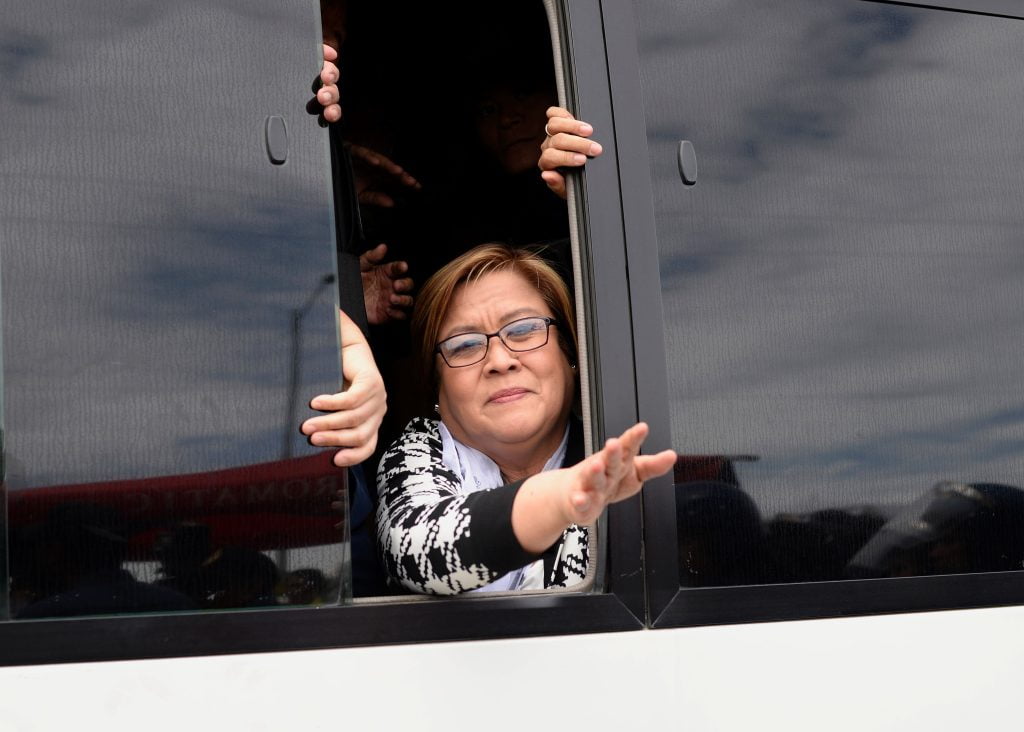
Indefinite detention ends – a long-awaited triumph for human rights
The fact that an individual could be held indefinitely at the whim of the government has long been a stain on Australia’s international reputation.
Amnesty International Australia’s Refugee Advisor Dr Graham Thom
On the High Court’s landmark ruling that indefinite immigration detention is unlawful and unconstitutional is a significant overturning of policy which allowed governments to detain individuals for years, without any genuine prospect of removal from the country. As a result of the November 8 decision, 141 people were released last week.
However, the government’s emergency response legislation, a $255m commitment for security agencies to monitor people released from indefinite detention via electronic tracking devices and curfews, are punitive in nature and breach their rights to privacy and autonomy. If enacted, Amnesty will seek to hold the government accountable for any knee-jerk legislation that violates the rights and liberties of those released and amounts to extrajudicial punishment.
It’s time to raise the age
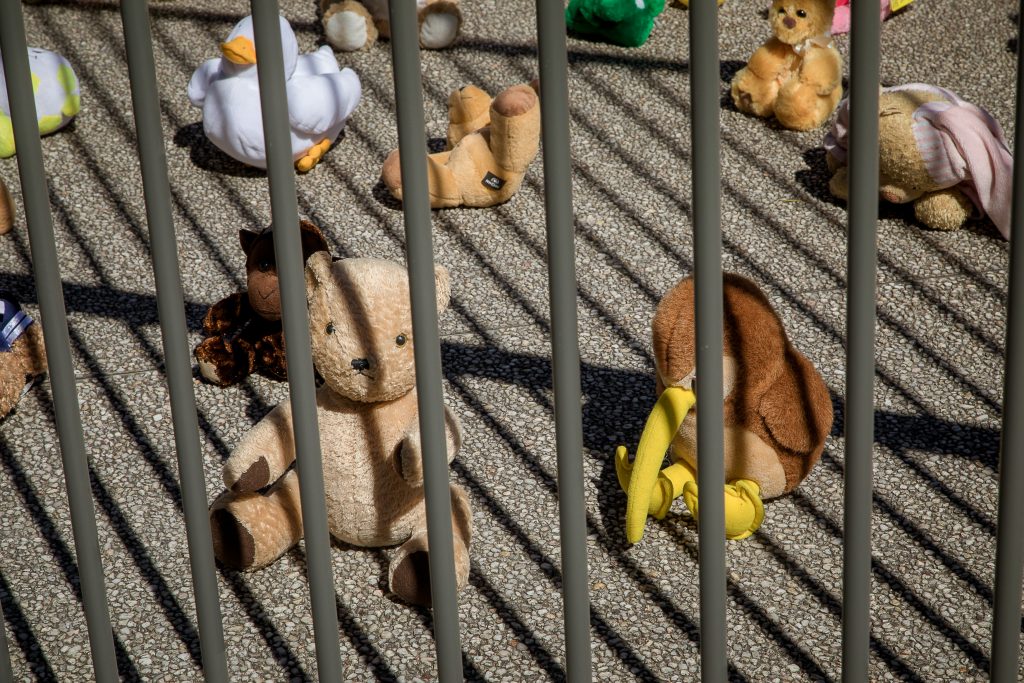
Our campaign to raise the age of criminal responsibility in Australia and keep First Nations children out of prison continues, as now more than ever, we need to demonstrate that all Australians demand fairness and equality in our justice system. Prisons only cause harm to children in their formative years; and we know that this disproportionately impacts Indigenous youth. It’s time to follow the unequivocal expert advice and shift our approach from detention to diversion, rehabilitation rather than punishment.
The good news is that there are hundreds of Indigenous-led diversion programs that are working, and public pressure on governments is working. We have welcomed commitments from the NT, ACT and Victoria to raise the minimum age of criminal responsibility, but there is still a long way to go. Our campaign will continue until the rights of our most vulnerable children are protected in all states and territories.
